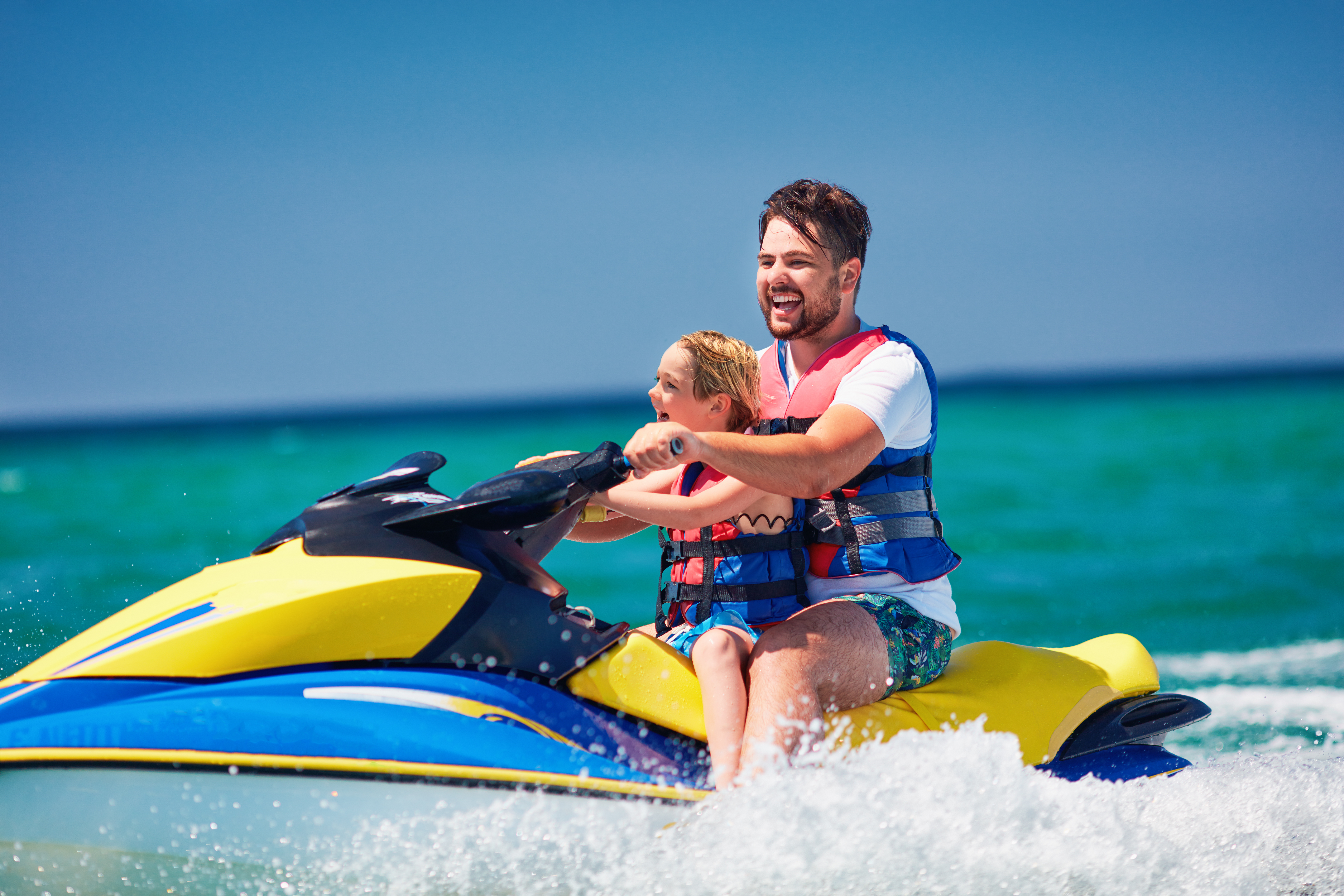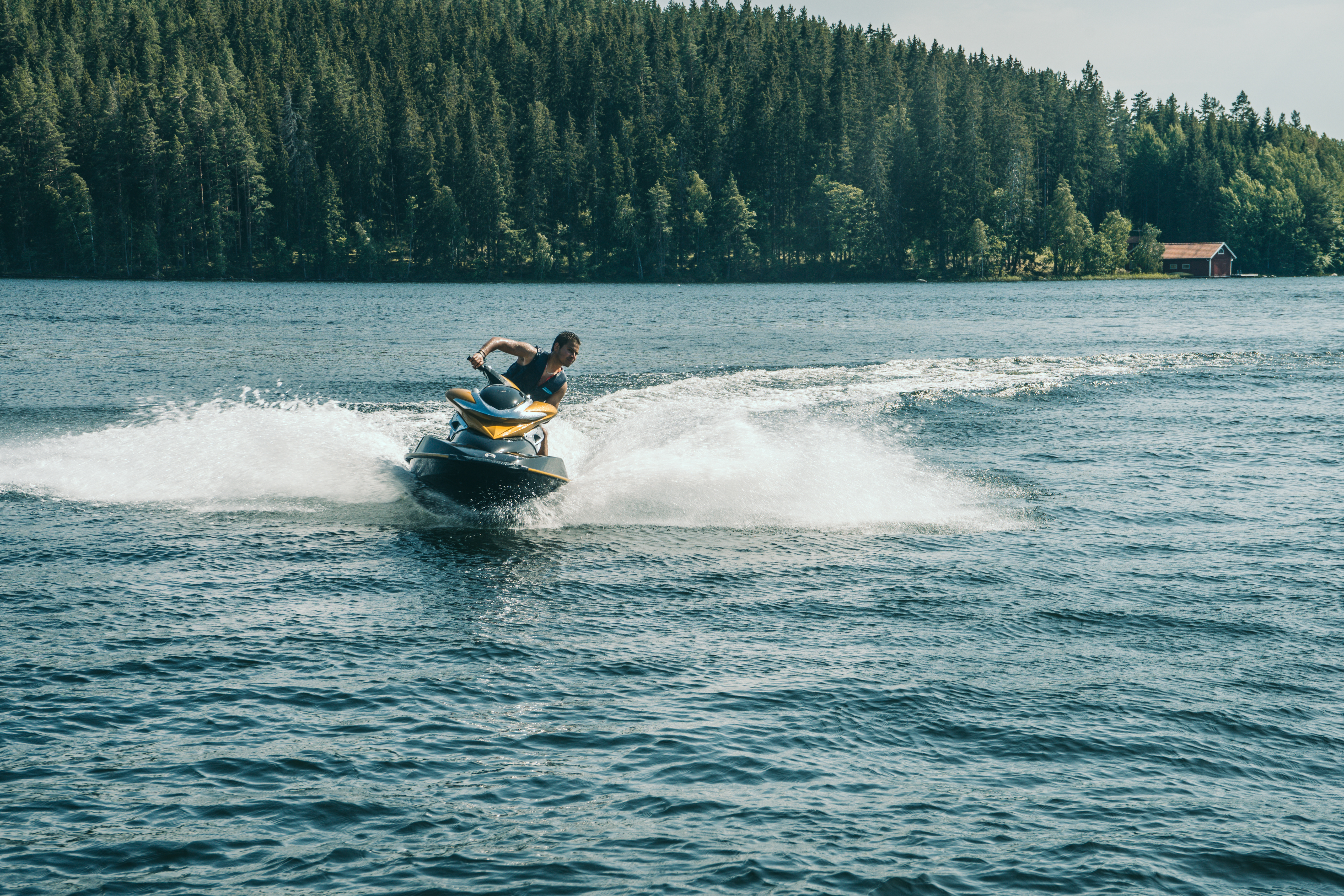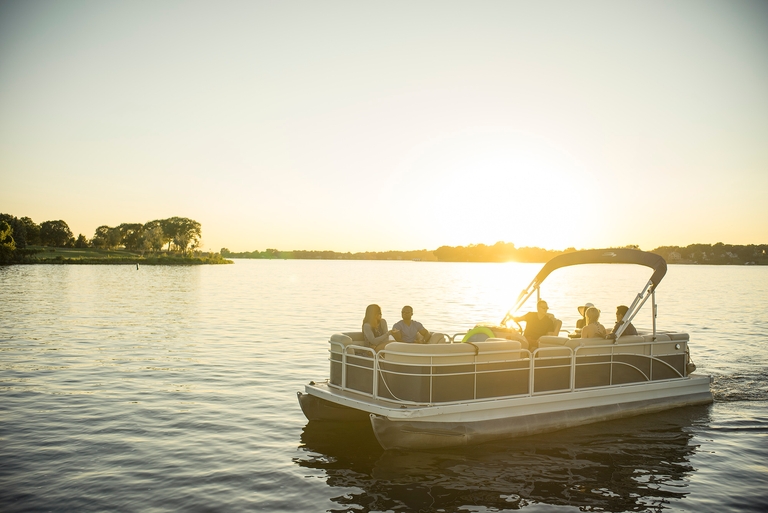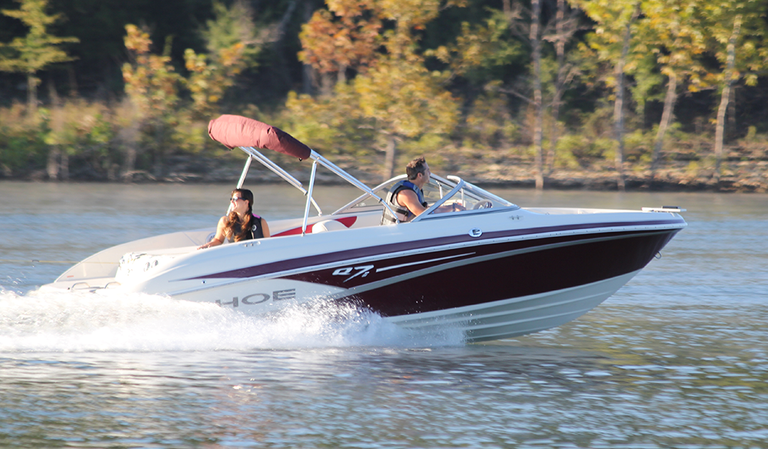Do You Need a License to Drive a Jet Ski?

Every summer, people of all ages get excited and practically race out to the waterfront for boating season. The weather is great, and you have everything you need for a safe, fun time on the water – at least, you think you do. You or your friends have a Sea-Doo, WaveRunner, jet ski, or other personal watercraft (PWC), and you're ready to drive it.
However, if you don't have your boating license, that personal watercraft isn't going anywhere.
Do you need a license to drive a jet ski? Today, we answer that critical question and tell you the best way to make sure you're safety-certified before hitting the water!
Do You Need a Boating License for a Jet Ski?
There is a lot of confusion about licensing regarding personal watercraft. They may not look like boats, but personal watercraft are classified as boats and are subject to the same boating laws as a 40-foot yacht.
A PWC (personal watercraft, i.e., a jet ski) is considered a small vessel that uses an inboard jet as its primary source of propulsion. The operator can sit, stand, or kneel on the vessel rather than ride in it.
In 2019, personal watercrafts accounted for 19 percent of boating accidents, including 660 casualties. These small vessels must share the waterways with much larger boats, and knowing how to operate them safely and legally is important.
So, with a boating license and your life jacket, you'll be prepared to drive.

Your Boating License Covers Jet Ski Safety
When we talk about the license you need to drive a jet ski, there isn't a separate safety course for a jet ski license. It's included in your state's NASBLA-approved boating safety course.
The requirements for who needs a boating license to operate a personal watercraft vary by state and are determined primarily by age.
However, your state can also take into account these factors to determine who needs a license before operating watercraft:
- Vessel type
- Vessel length
- Supervision of license owners
- Age of supervised license owners
- Driver's license
In addition to needing a boating license or certificate, there are other requirements, some state-specific, that apply only to PWCs. These include:
- U.S. Coast Guard-approved Type I, II, III, or V personal flotation device (no inflatables)
- Ignition safety switch
- Operation based on the time of day
- Who can ride or be towed on a personal watercraft
Not following those requirements, or not having a license at all, can result in a fine by your state's law enforcement department. Multiple citations could mean a fine and taking a boating safety course.
So, taking the course before you head out onto the water can save you time and money and keep you from injuring yourself or someone else. However, even if your state doesn't require a license for your personal watercraft, your insurance company might.
Additionally, if you boat in other states that do require a license, your state's license should be good in those states!
Boat-Ed Covers All Boating and Jet Ski License Requirements
When you take your state-required boating safety course through Boat-Ed, we cover everything you need to know about safely using jet skis and personal watercraft.
Your course includes information on PWCs in each state's boating safety course, including steering and stopping, being aware of traffic, limiting your noise, and best safety practices to avoid injury. Units also cover topics including mechanical details and maintenance.
If you have questions about the requirements in your state, visit the corresponding page at Boat-Ed. You can choose your state and learn about the requirements. Then, you can select your course, work through your lessons, and take your exam to earn your certification – all online!
Now is the time to get your license – so you're ready to hit the water this season!
Originally published June 26, 2013. Content updated December 7, 2023.



